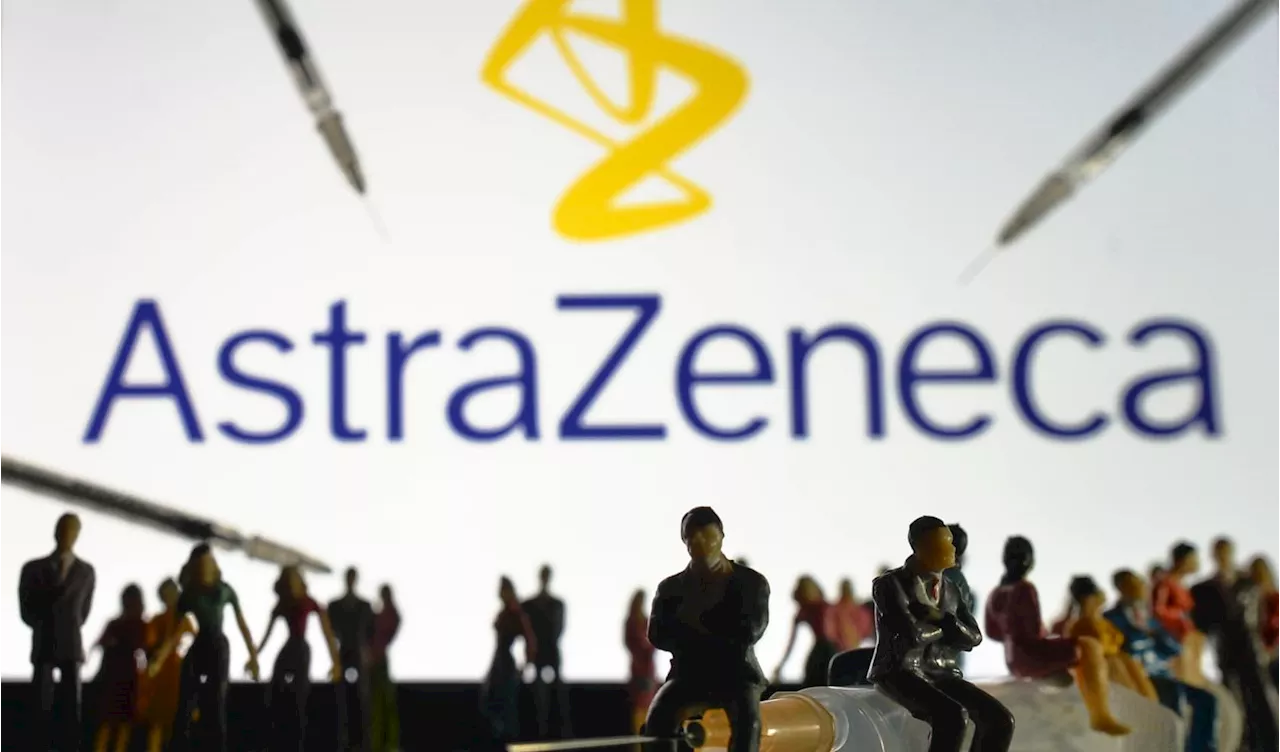Within six years, AI will help humanity reach Longevity Escape Velocity and achieve biological immortality, says futurist Jose Luis Cordeiro.
"Longevity Escape Velocity" is when our lifespans are extended by technology faster than we're aging. Jose Luis Cordeiro says it'll happen around 2030.While it’s not a consensus view just yet, Venezuelan futurist Jose Luis Cordeiro says the evidence suggests death and aging really aren’t the inevitable facts of life most people imagine.
He believes that by 2045, we will start to be able to reverse aging using rejuvenation therapies on cells and organs, making us as “young” as we choose to be.Cordeiro gives a presentation on transhumanism at Google. You may have heard the factoid that every cell in your body is replaced on average every seven years. It’s not strictly true, as the 30 trillion cells in the human body are replaced at different rates. Some neurons and heart cells last your whole life, while skin cells might last a few weeks, and cells in your stomach lining are replaced within five days., after scientist Leonard Hayflick who discovered in 1961 that human cells can only divide between 40–60 times. They then enter senescence.
“So we have two types of cells, somatic cells, which are 99.9% of the body and a little tiny, tiny part, which is called the germ cells. They do not age because they do the same as cancer. They produce telomerase, and they keep on dividing indefinitely.” “Right now, scientists are working on other organs. The skin and then eyes, now heart and lungs on other species closer to humans,” he says.Senescent cells and autophagy’s role in longevity
But AIs are well suited to combing through such enormous data sets without ever growing tired and enable us to compare the results with the genomes of different mammals to work out why mice live for two years, humans for 90 and whales for 200. , which uses AI to analyze the genes of the Methuselah Flies, which have been bred to live five times longer than normal flies.
United States Latest News, United States Headlines
Similar News:You can also read news stories similar to this one that we have collected from other news sources.
 Lacoste Extends Roland-Garros Partnership Until 2030Lacoste has extended its historic partnership with the Roland-Garros French Open for another five years.
Lacoste Extends Roland-Garros Partnership Until 2030Lacoste has extended its historic partnership with the Roland-Garros French Open for another five years.
Read more »
 Ethereum Network Growth Will Push ETH To $22k By 2030: VanEckCrypto Blog
Ethereum Network Growth Will Push ETH To $22k By 2030: VanEckCrypto Blog
Read more »
ETH ecosystem users 9X since 2020 as VanEck tips $22K by 2030Ethereum ecosystem users have surged nearly 9X since 2020 and VanEck forecasts ETH will hit $22,000 by 2030.
Read more »
 VanEck Sees Ether Hitting $22K by 2030Ether's 2030 valuation is driven by $66 billion in free cashflows and $15 trillion TAM potential, VanEck writes
VanEck Sees Ether Hitting $22K by 2030Ether's 2030 valuation is driven by $66 billion in free cashflows and $15 trillion TAM potential, VanEck writes
Read more »
 VanEck analysts raise Ethereum price target to $22,000 by 2030The price target is influenced by ether ETF news, scaling progress, and the VanEck analysts' read of on-chain data, according to the report.
VanEck analysts raise Ethereum price target to $22,000 by 2030The price target is influenced by ether ETF news, scaling progress, and the VanEck analysts' read of on-chain data, according to the report.
Read more »
 Why CEO AstraZeneca believes the drugmaker can almost double revenue by 2030AstraZeneca CEO Pascal Soriot discussed his company’s ambitious revenue goal with CNBC’s Jim Cramer.
Why CEO AstraZeneca believes the drugmaker can almost double revenue by 2030AstraZeneca CEO Pascal Soriot discussed his company’s ambitious revenue goal with CNBC’s Jim Cramer.
Read more »